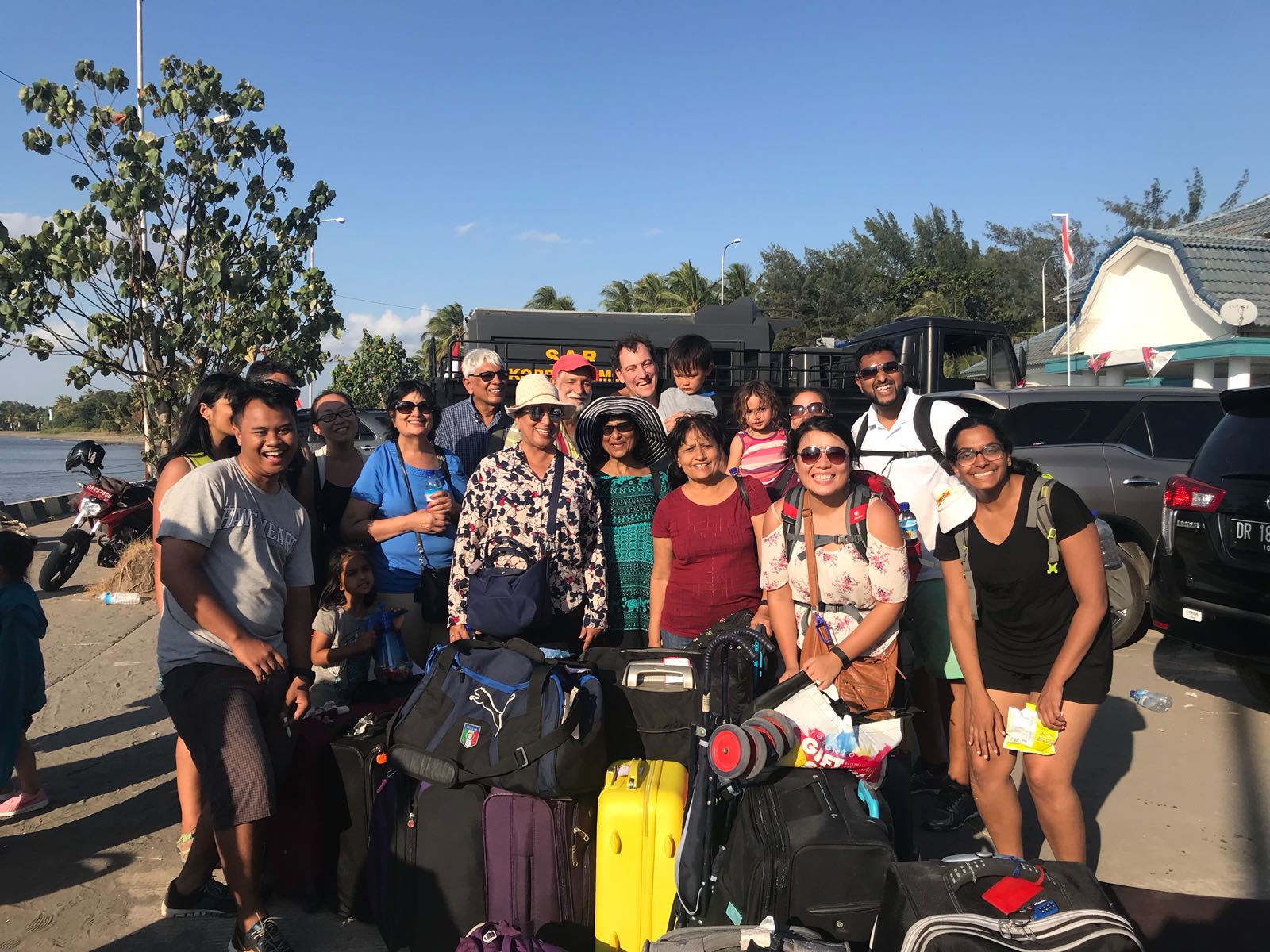








Mercy Corps Indonesia (MCI) is a local organization with its head office in Jakarta. We help people turn the challenges they confront into the opportunities they deserve. Our programs provide communities across Indonesia with the tools and support they need to transform their own lives. Our goal is to empower people to build healthy, productive and resilient communities. With a presence in 10 provinces, our expert teams implement a variety of programs, ranging from economic and market development to water and sanitation, to climate change adaptation, disaster risk reduction and emergency response. We analyze and address development challenges using a systems lens and apply market development and resilience building approaches to achieve long-term sustainability of our interventions.
We take on the role of facilitator and convener of relevant local actors to foster change. We emphasize strategic partnerships with the government, private sector, civil society and research institutions in our programs and work closely with communities to fully understand the challenges they face and work together on solutions. We continuously seek to advance innovative models for development and poverty reduction that can be replicated and taken to scale.
In 2007, MCI set up its Indonesia Response Team (IRT), consisting of 30 plus staff who can be deployed to respond when disaster strikes. IRT has responded to numerous emergencies ever since, including the Padang earthquake in 2009, the Tsunami in Mentawai in 2010 and the Garut Flood in October 2016. Furthermore, the IRT has supported several disaster response interventions in other countries in the region.
MCI is also an active member of the Emergency Capacity Building (ECB) initiative in Indonesia—a group of NGOs that come together to train and build skills for disaster response and to coordinate response activities to maximize impact and efficiency. MCI also helps communities rebuild post-disaster, by restoring livelihoods and incorporating strategies for increased resilience into future disaster management and planning.

Raised IDR 23,500,794

Raised IDR 0

Raised IDR 0

Raised IDR 0
CAD 100 to Support for those impacted by the Aug 2018 earthquake in Indonesia
CAD 100 to Support for those impacted by the Aug 2018 earthquake in Indonesia
CAD 50 to Support for those impacted by the Aug 2018 earthquake in Indonesia
CAD 200 to Support for those impacted by the Aug 2018 earthquake in Indonesia
CAD 100 to Support for those impacted by the Aug 2018 earthquake in Indonesia
CAD 100 to Support for those impacted by the Aug 2018 earthquake in Indonesia
IDR 1,000,000 to Support for those impacted by the Aug 2018 earthquake in Indonesia
CAD 100 to Support for those impacted by the Aug 2018 earthquake in Indonesia
CAD 100 to Support for those impacted by the Aug 2018 earthquake in Indonesia
CAD 300 to Support for those impacted by the Aug 2018 earthquake in Indonesia